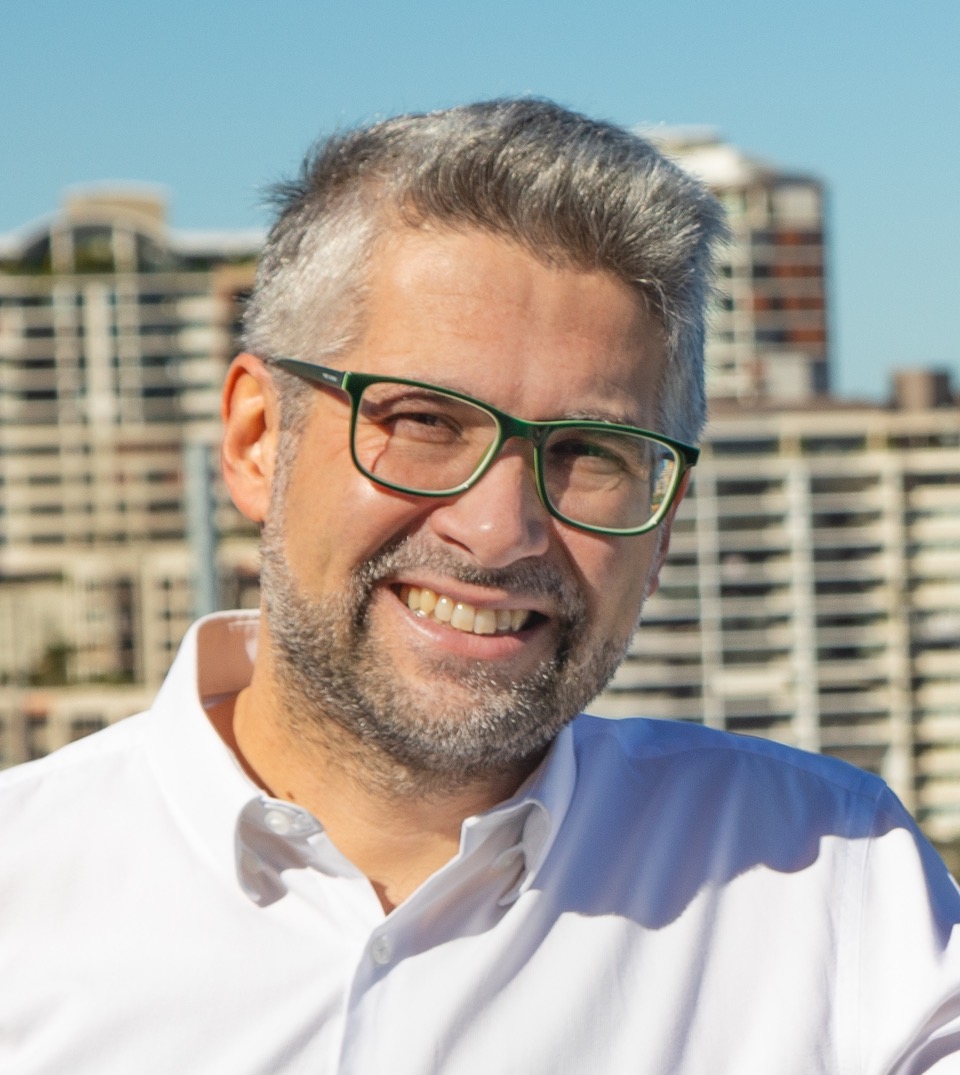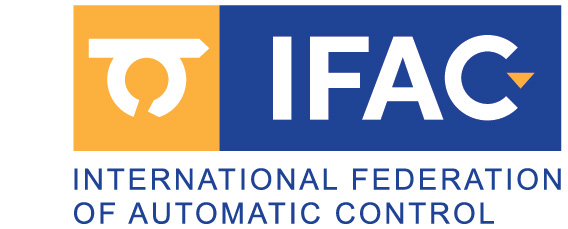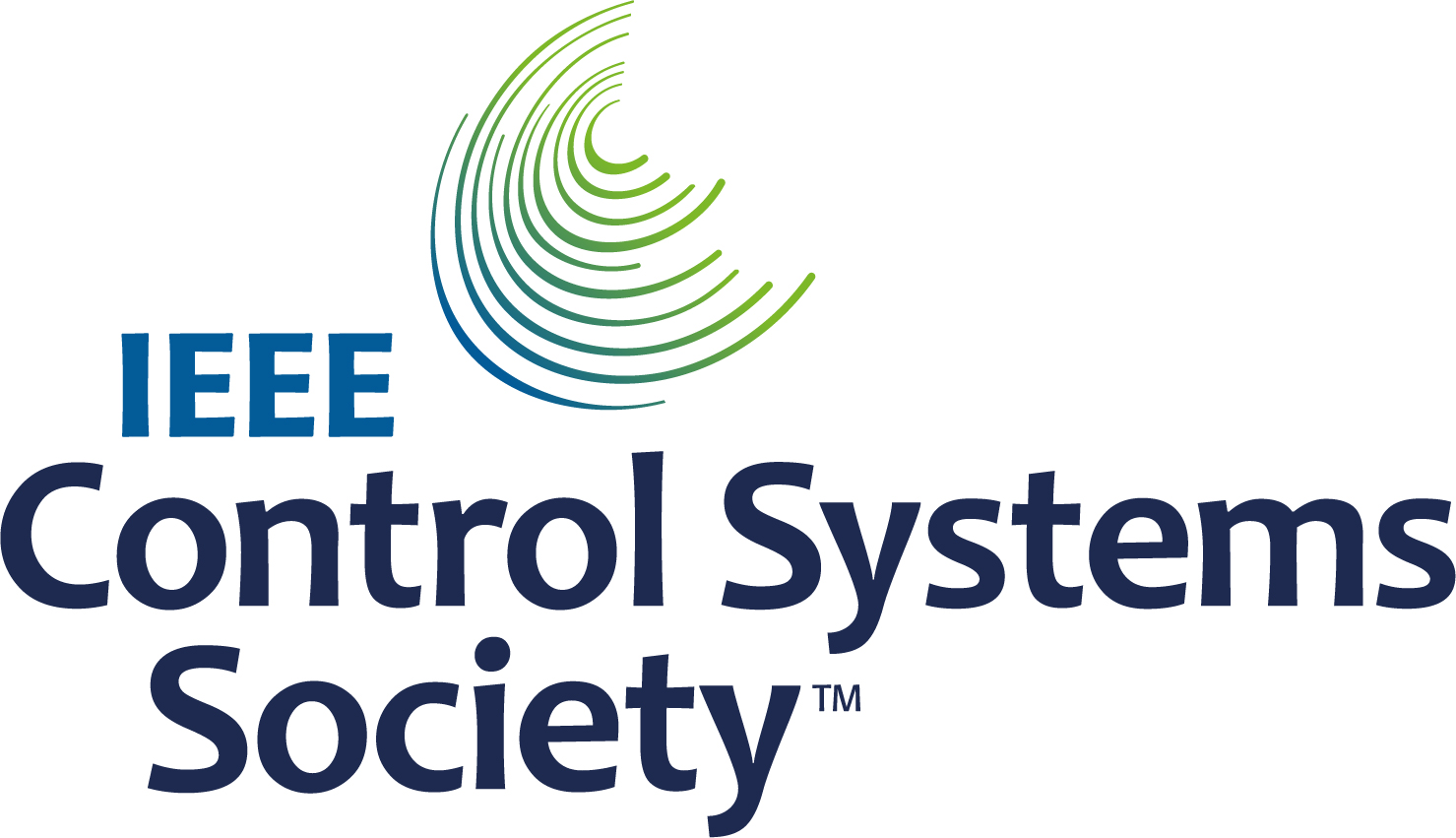Plenary Sessions
ANZCC 2020 Plenary Session 1
25 November 2021 (Thursday)Professor Petros Ioannou
|
A.V.'Bal' Balakrishnan Professor
Director, Center for Advanced Transportation Technologies University of Southern California
Petros Ioannou
pioannou.usc.edu
https://www.facebook.com/people/Petros-Ioannou-Research/100054287977635/
|
Abstract: Traffic Flow Control in a Connected EnvironmentSelf- Driving cars are attracting a lot of attention and excitement as they will impact driving comfort and safety as well as modify the current modes of transporting people and goods. Getting rid of the driver however will not necessarily reduce congestion whose main cause is the high volume of vehicles competing in space and time to reach destinations. Connectivity however and compliance to traffic management commands and traffic rules by vehicle autopilots will open the way for far better traffic flow control approaches with strong potential to improve capacity, manage congestion and incidents in a much more effective way. In this talk we present a combined lane change and variable speed control strategies to control traffic at bottlenecks and incidents. We use a modified version of the cell transmition model with capacity drop to model traffic at a bottleneck. We use a thorough analysis to identify all possible equilibrium points due to different demands and examine their stability properties when no control strategies are applied. We then design a lane change controller based on an ad hoc approach where the control variable is the distance point at which vehicles are instructed to start changing lanes in order to eliminate or reduce the effect of capacity drop. We show that as the demand increases the network will become congested and settle at equilibrium states that involve high density and low flow. We propose a variable speed control strategy to protect the network by controlling the incoming flow. Unlike the open loop case the closed loop system has a unique equilibrium that corresponds to a point in the fundamental diagram with maximum flow and lowest possible density at all possible traffic demands. In addition, we show analytically that this unique equilibrium point is exponentially stable. The lane change and variable speed controller designed based on simple macroscopic traffic flow models are evaluated using a microscopic traffic simulator of a real traffic network. The simulation results demonstrate the theoretical results under different incidents and demands. BioPetros A. Ioannou received the B.Sc. degree with First Class Honors from University College London, in 1978 and the M.S. and Ph.D. degrees from the University of Illinois, Urbana, Illinois, in 1980 and 1982, respectively. In 1982, he joined the Department of Electrical Engineering-Systems, University of Southern California, where he is currently a Professor and holder of the A.V. ‘Bal’ Balakrishnan Chair. He is the Director of the Center of Advanced Transportation Technologies, the Associate Director for Research of METRANS, a University Transportation Center. His research interests are robust adaptive control and applications and intelligent transportation systems for moving goods and people. Dr. Ioannou received many research awards with the most recent ones been the 2016 IEEE Transportation Technologies Field Award, the IEEE Control System Society Transition to Practice Award for his work on the design and commercialization of Adaptive Cruise Control Systems and the 2012 IEEE Intelligent Transportation System Society Research Award. He is a Fellow of IEEE, IFAC, IET and AAAS and the author/co-author of 9 books and over 400 research papers. He served as consultant on numerous control system applications and expert witness on vehicle control and safety. |
ANZCC 2020 Plenary Session 2
26 November 2021 (Friday)Professor Daniel Quevedo
|
Professor in Cyberphysical Systems
Faculty of Engineering,
School of Electrical Engineering & Robotics Queensland University of Technology Australia Daniel Quevedo
https://staff.qut.edu.au/staff/daniel.quevedo
|
Abstract: Reinforcement Learning for Networked Estimation and ControlThe opportunities provided by feedback control of networked dynamical systems are enormous. Yet it is by no means clear how to harness modern communication, network and computation technologies to obtain high-quality designs. The main stumbling blocks stem from the significant gaps which exist between understanding of constituent parts and the challenges faced when bringing them together. Whilst the vast realm of applications of networked cyber-physical systems brings a variety of issues, a common thread is that many of the standard paradigms that allow the separation of communications and control systems are no longer valid. Thus, the need for more holistic approaches arises. In this talk, we study the scheduling of sensor transmissions for wireless estimation and control. We focus on setups where, at each time instant, a single agent decides which sensors have network access and which ones do not. To address such scheduling problems, we formulate Markov decision processes and solve them using reinforcement learning techniques. BioDaniel Quevedo received Ingeniero Civil Electrónico and M.Sc. degrees from Universidad Técnica Federico Santa María, Valparaíso, Chile, in 2000, and in 2005 the Ph.D. degree from the University of Newcastle, Australia. He is Professor of Cyberphysical Systems at the School of Electrical Engineering and Robotics, Queensland University of Technology (QUT), in Australia. Before joining QUT, he established and led the Chair in Automatic Control at Paderborn University, Germany. Prof. Quevedo's research interests are in networked control systems, control of power converters and cyberphysical systems security. He currently serves as Associate Editor for IEEE Control Systems and in the Editorial Board of the International Journal of Robust and Nonlinear Control. From 2015 to 2018 he was Chair of the IEEE Control Systems Society Technical Committee on Networks & Communication Systems. In 2003 he received the IEEE Conference on Decision and Control Best Student Paper Award and was also a finalist in 2002. Prof. Quevedo is co-recipient of the 2018 IEEE Transactions on Automatic Control George S. Axelby Outstanding Paper Award. He is a Fellow of the IEEE. |







